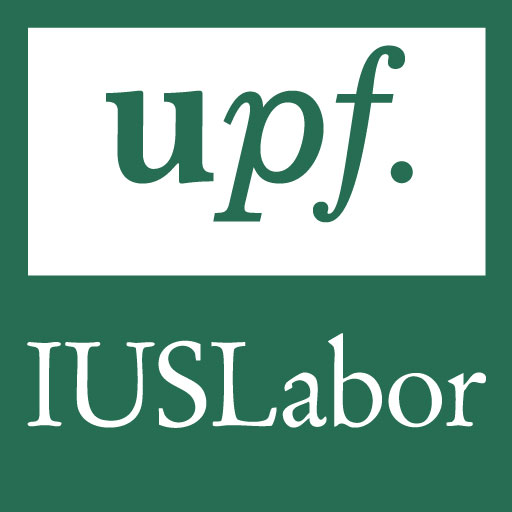Abstract
The clarification in a reliable, objective and accessible way of the ordinary working day has not always had the same treatment since initially it was only foreseen for certain labor figures. Precisely, as a result of the different jurisprudential fluctuations on the obligation of time registration, this conflict is ended with the approval of RD-L 8/2019. In this sense, given the generalized mandatory imposition of time registration, different applications are implemented that allow this data to be stored digitally. In this regard, another secondary obligation arises for the employer, the processing of biometric data, an issue that will be the subject of discussion in this paper.
Rights

This work is licensed under a Creative Commons Attribution-NonCommercial-NoDerivatives 4.0 International License.
(c) IUSLabor. Revista d'anàlisi de Dret del Treball, 2022
Copyright
IUSLabor is an open access journal, based on the idea that making research available to the public openly and free of charge favors the global exchange of knowledge.
Consequently, all content is freely available, free of charge to users and their institutions. Users can read, download, copy, distribute, print, search or link the full texts of the articles in this journal without prior permission from the Editorial Committee or the author of the article, provided their authorship is acknowledged.
In this sense, IUSLabor uses the Creative Commons Attribution-NonCommercial-NoDerivative 4.0 International license (CC BY-NC-ND 4.0).
Authors grant, in a non-exclusive way, rights of reproduction, publication, distribution, public communication and transformation of their work for publication in IUSLabor and for inclusion in the databases in which the journal is indexed.
Likewise, authors authorize that their article be published with a Creative Commons Attribution-NonCommercial-NoDerivative 4.0 International license (CC BY-NC-ND 4.0).
Authors are allowed and encouraged to disseminate their work published in IUSLabor (for example, on institutional repositories, personal websites or social media), always referring to their publication in IUSLabor.


